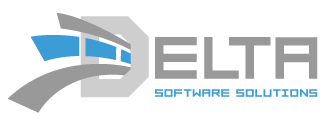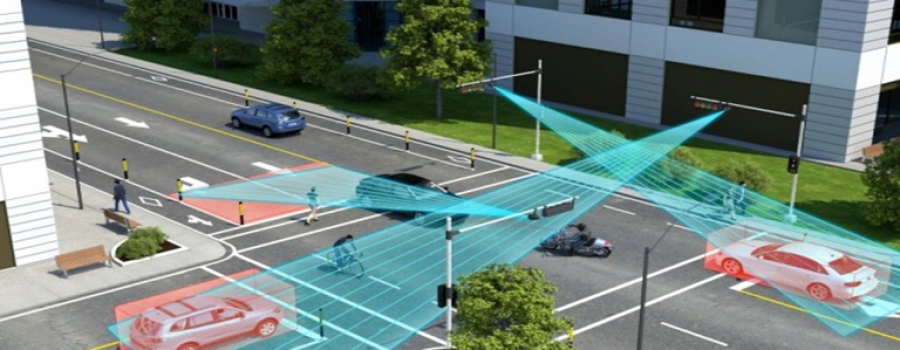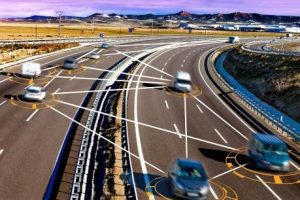In the dynamic landscape of urban planning, the challenge of traffic management looms large for Smart Cities. The pulsating heartbeats of urban life are intertwined with the movement of vehicles and people, making efficient traffic management essential for creating livable and sustainable urban environments. As cities continue to evolve and expand, the need for smarter solutions to manage traffic congestion, enhance safety, and optimize transportation systems becomes paramount.
Urban Congestion Unveiled:
As populations surge, urban streets bear the brunt of traffic congestion. Smart Cities seek the path to efficient mobility, aiming to untangle urban knots while reducing gridlock’s grip.
Infrastructure Struggles:
A city’s veins—its roads, bridges, and tunnels—strain under the weight of increasing traffic. Modernizing and expanding this critical infrastructure becomes paramount, demanding meticulous planning, funding, and execution.
Data-Driven Dilemmas:
In the digital age, data flows ceaselessly through Smart Cities. Yet, amid the sea of information, the challenge lies in transforming this data deluge into actionable insights that can steer decisions effectively.
Adapting to Trends:
The symphony of urban movement evolves with time. Electric vehicles, shared mobility, and micro-transit redefine the dance. Smart Cities must adapt our traffic management to this evolving rhythm.
Smart Signals Unleashed:
The intersection of technology and traffic management brings forth the concept of smart signals. These signals, in sync with real-time traffic patterns, orchestrate the flow, minimizing waits and orchestrating an elegant urban ballet.
AI for Traffic Analytics:
Power of AI steps into spotlight, turning data into foresight. Advanced analytics predict congestion hotspots, allowing for proactive adjustments to traffic flow.
Revolutionizing Public Transit:
The heart of urban mobility lies in efficient public transport. Smart Cities aim to curb the reliance on private vehicles, offering attractive, efficient, and eco-friendly alternatives.
Modern Infrastructure Vision:
Paving the way to a seamless commute, Smart Cities embark on modernizing key infrastructure. Upgraded roads, bridges, and tunnels are coupled with smart tolling, making urban travel efficient and sustainable.
Vehicles Connect for Safety:
The future of traffic management embraces connectivity. Vehicles communicate with one another, enhancing safety by minimizing accidents and optimizing traffic flow.
Reducing Gridlock:
Efficient traffic management emerges as a beacon of hope, slashing congestion’s grip. Time-saving and stress-reducing, it reshapes the urban journey.
Greener Footprints:
Eco-conscious systems weave greener tales, reducing emissions and painting urban skies with cleaner hues.
Safer Streets:
Connected vehicles share real-time data, forming a safety net that guards against accidents, ensuring safer urban streets.
Economic Boost:
A ripple effect of efficient traffic management is amplified productivity. Reduced congestion opens the door to economic prosperity, fueling growth.
Amid these urban challenges, Delta Software Solutions (DSS) stands as a guiding force, ushering Smart Cities toward efficient traffic management and a sustainable urban vision.




